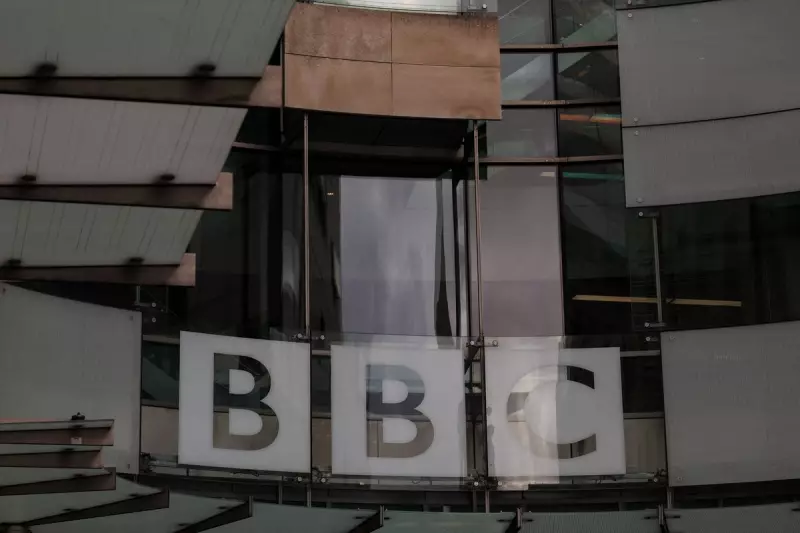
The BBC board finds itself at the centre of a political storm as it begins the critical process of appointing the corporation's next director-general. This comes following the sudden resignation of Tim Davie on Sunday, which stemmed from a scandal involving the editing of a speech by US President Donald Trump before the January 6th 2021 Capitol attack.
Political Pressure Mounts on BBC Leadership
The board faced sharp criticism in the House of Commons on Wednesday, with particular focus on one member. Liberal Democrat leader Sir Ed Davey directly challenged Prime Minister Sir Keir Starmer to dismiss Sir Robbie Gibb from his position, describing him as a "Conservative crony". However, the Prime Minister declined to comment on what he termed "the individual runnings of the BBC".
The controversy highlights the intense political pressure surrounding the BBC's leadership during this transitional period. The corporation's independence remains a central concern, with the non-executive directors specifically tasked with protecting this fundamental principle.
Meet the 10 Decision-Makers
The BBC board, chaired by non-executive chairman Samir Shah, comprises ten members who now bear the responsibility of selecting the next director-general. This individual will also serve on the board and chair the executive committee.
Non-executive directors receive a base fee of £33,000 annually and carry the crucial responsibility of upholding the BBC's independence by acting in the public interest and exercising independent judgment.
The Complete BBC Board Line-up
Shumeet Banerji serves as a non-executive director and founded Condorcet, an advisory and investment firm focused on technology companies. He previously stepped down as chief executive of Booz And Company in 2012 and holds multiple directorship positions.
Sir Damon Buffini acts as deputy chairman and chairs the BBC commercial board, leading the corporation's commercial ambitions. The founding partner of Permira brings extensive financial experience and currently chairs the Royal National Theatre.
Sir Robbie Gibb, the member for England, faces particular scrutiny given his previous role as director of communications at Number 10 Downing Street. His background includes senior editorial positions at BBC News and a previous advisory role with GB News.
Muriel Gray represents Scotland on the board and made history as the first woman appointed chairperson of Glasgow School of Art's board of governors. Her diverse career spans broadcasting, academia and authorship.
Chris Jones brings financial expertise as a chartered accountant and former senior audit partner at PwC. He holds multiple non-executive director positions within the Legal And General group and serves on The Wellcome Trust's audit and risk committee.
Michael Plaut, the member for Wales, is a respected business leader who has advised both Westminster and Cardiff Bay governments. He chairs the Royal Welsh College Of Music And Drama and received an OBE for services to business.
Michael Smyth represents Northern Ireland and previously served as partner at Clifford Chance, heading their government and public policy practice for two decades. He brings extensive legal expertise to the board.
Marinella Soldi adds international media perspective with her recent role as non-executive chairwoman of Italian public broadcaster Rai. Her career includes senior positions at MTV Networks Europe across London and Milan.
Leigh Tavaziva serves as chief operating officer, sitting on both the BBC board and executive committee. With a remarkable career transition from classical ballerina to business executive, she earned between £465,000 and £469,999 as of July 2025.
Caroline Thomson acts as senior independent director, bringing extensive BBC experience having previously served as chief operating officer. She provides crucial advice on reputational, editorial and policy matters.
Navigating a Critical Transition
The BBC board now faces one of its most significant challenges in recent years. With political pressure mounting and the corporation's reputation at stake, the appointment of the next director-general will prove crucial for the BBC's future direction and independence.
As the selection process begins, all eyes remain on these ten individuals and their ability to navigate this complex leadership transition while maintaining the BBC's standing as a globally respected public service broadcaster.






